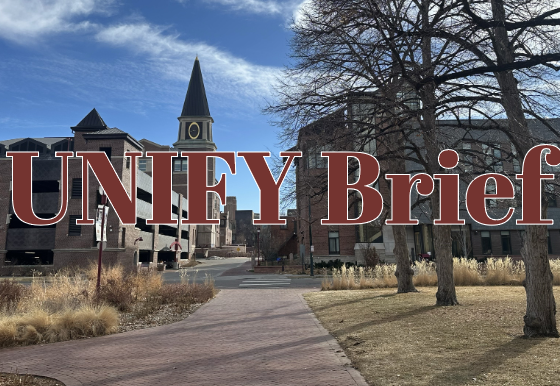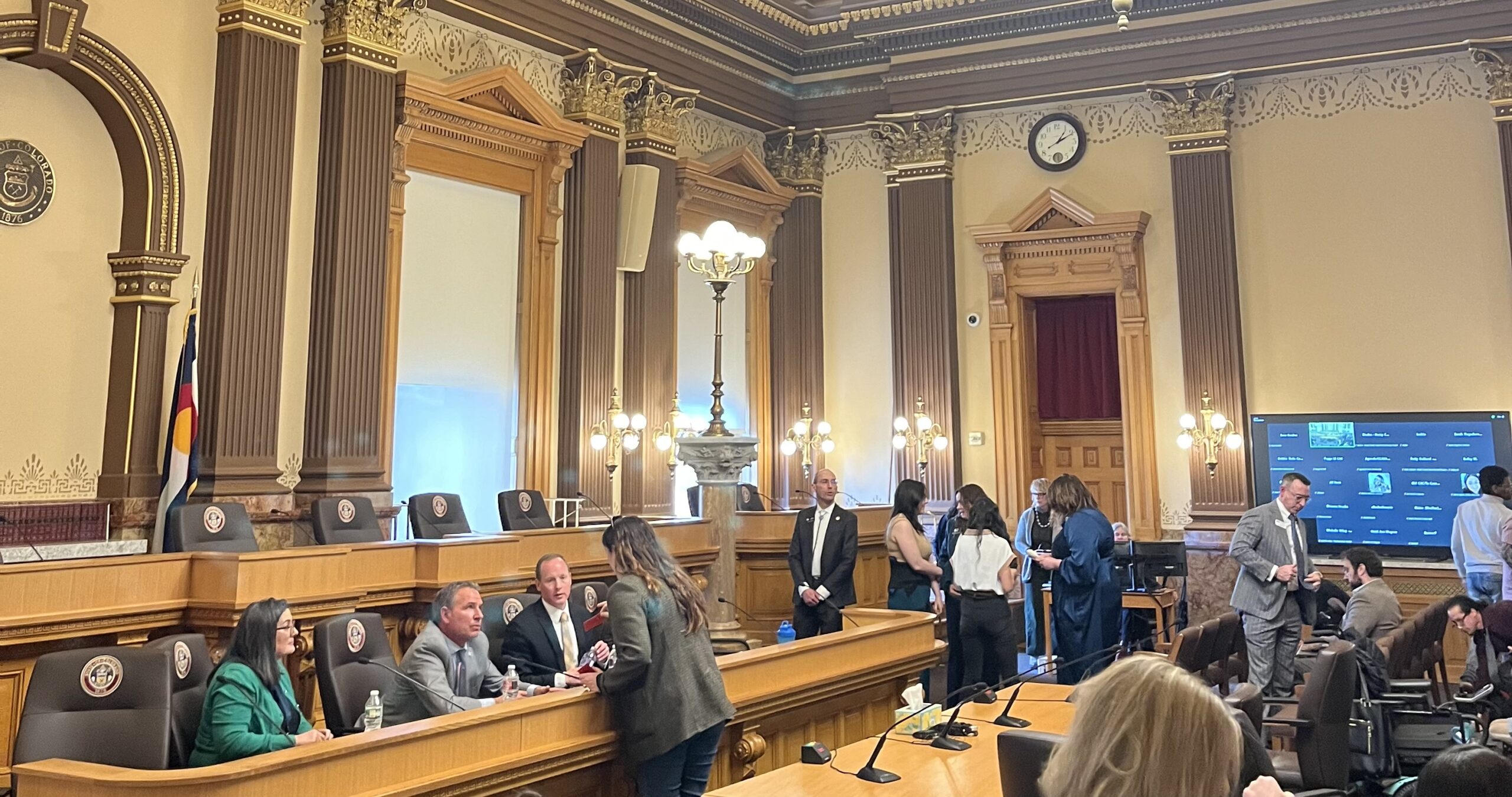Starting next fall the University of Denver will have a new undergraduate minor that bridges two colleges.
The Urban Studies minor is co-sponsored by the College of Education and the Division of Arts, Humanities, and Social Sciences.
The minor was approved in April 2002 and will become effective during the next academic year.
“Students are looking for something that cuts across interdisciplinary lines,” said co-creator Dr. Nicholas Cutforth.
Dr. Cutforth, a professor in the College of Education, has been working with Professor Dean Saitta of anthropology to develop the new program.
The new minor will act as an introduction to the urban environment by bringing perspectives from Anthropology, Education, Economics, Geography, Human Communication Studies and Sociology classes.
According to a flyer, “Students in the Urban Studies Minor will learn about the origins and contemporary problems of urban society in the USA; the current challenges and future possibilities facing the large American city; the intended and unintended consequences of public policy pertaining to land-use, transportation, housing, education, growth management, and economic development; the social life and culture of urban living; and cities as places of excitement and stimulation, and as places of anger and despair.”
The creators of the new minor said that the combination of Urban Studies with another major can open doors for many careers, including: urban planning and redevelopment, criminal justice, human services, international development organizations, foundations and public policy research.
In order to complete the minor the student is required to complete one of two specified classes in each of the following departments: anthropology, economics, education, geography, human communication studies and sociology, for a total of 28 credit hours.
The students choose from classes such as “Race, Class and Gender” and “The Context of Material Culture.”
Dr. Cutforth has seen significant interest in the minor so far and said that as the minor becomes established it will be increasingly popular for students.











